Understanding the Meaning and Purpose of Chakra Symbols
Chakras, also known as energy centers, are an integral part of the ancient Indian healing system of Ayurveda.
These chakras are believed to be spinning wheels of energy that are responsible for regulating the flow of energy throughout the body.
There are seven major chakras located along the spine, each representing a specific aspect of our physical, emotional, and spiritual well-being.
To aid in the understanding and balancing of these chakras, symbols have been associated with each of them.
The Seven Chakra Symbols
The seven chakra symbols are each unique and carry their own significance.
They are usually depicted as a lotus flower with a certain number of petals, representing the number of chakras and their corresponding elements.
1. Root Chakra
The root chakra, also known as Muladhara, is located at the base of the spine and governs the sense of security, stability, and survival.
Its symbol is a four-petaled red lotus, representing the four main petals of the chakra and the four elements – earth, water, fire, and air.
2. Sacral Chakra
The sacral chakra, also known as Svadhishthana, is located in the lower abdomen and governs creativity, pleasure, and sexual energy.
Its symbol is a six-petaled orange lotus, symbolizing the six energy channels that radiate from the chakra.
3. Solar Plexus Chakra
The solar plexus chakra, also known as Manipura, is located above the navel and governs personal power and self-confidence.
Its symbol is a ten-petaled yellow lotus, representing the ten pranas (vital energy) that flow through the body.
4. Heart Chakra
The heart chakra, also known as Anahata, is located in the center of the chest and governs love, compassion, and emotional balance.
Its symbol is a twelve-petaled green lotus, reflecting the twelve qualities associated with this chakra, including kindness, forgiveness, and joy.
5. Throat Chakra
The throat chakra, also known as Vishuddha, is located in the throat and governs communication and self-expression.
Its symbol is a sixteen-petaled blue lotus, representing the sixteen Sanskrit vowels and their corresponding frequencies.
6. Third-Eye Chakra
The third-eye chakra, also known as Ajna, is located between the eyebrows and governs intuition and spiritual awareness.
Its symbol is a two-petaled indigo lotus, representing the two channels of energy that unite and activate this chakra.
7. Crown Chakra
The crown chakra, also known as Sahasrara, is located at the top of the head and governs spiritual connection and universal consciousness.
Its symbol is a thousand-petaled violet lotus, representing the infinite potential and expansion of the mind.
The Purpose of Chakra Symbols
The symbols associated with each chakra serve as a means to focus and connect to the energy of that particular chakra.
They are also used in meditation and visualization practices to bring balance and healing to the corresponding area of the body and its associated emotions.
Understanding and harnessing the power of chakra symbols can help individuals bring harmony between their mind, body, and spirit.
By aligning and balancing these energy centers, one can achieve a heightened state of awareness, emotional stability, and a sense of overall well-being.
Next time you come across these beautiful lotus symbols, take a moment to appreciate their significance and the role they play in the intricate web of our inner energy system.
Conclusion
The use of symbols to understand and balance chakras has been a practice for centuries.
Each symbol has a deeply connected meaning and purpose and can provide valuable insights into one’s physical, emotional, and spiritual state.
By incorporating the knowledge of chakra symbols into our daily lives, we can achieve a sense of inner peace and gain a deeper understanding of ourselves.
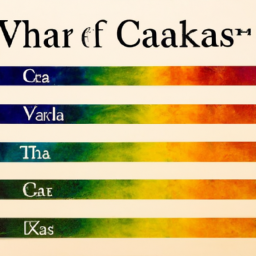







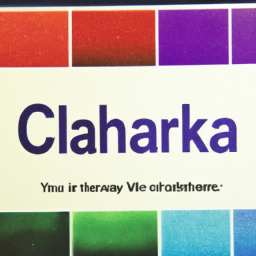
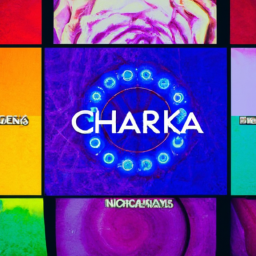
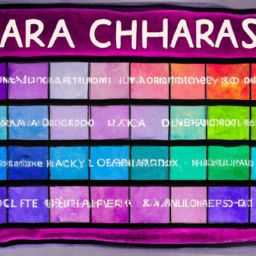
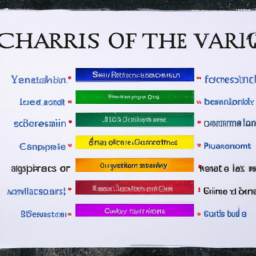
Wow, this is so interesting!
LilySimpson: Absolutely fascinating!
I’m amazed by the intricate meanings behind these symbols – they represent such strength and power! #chakras